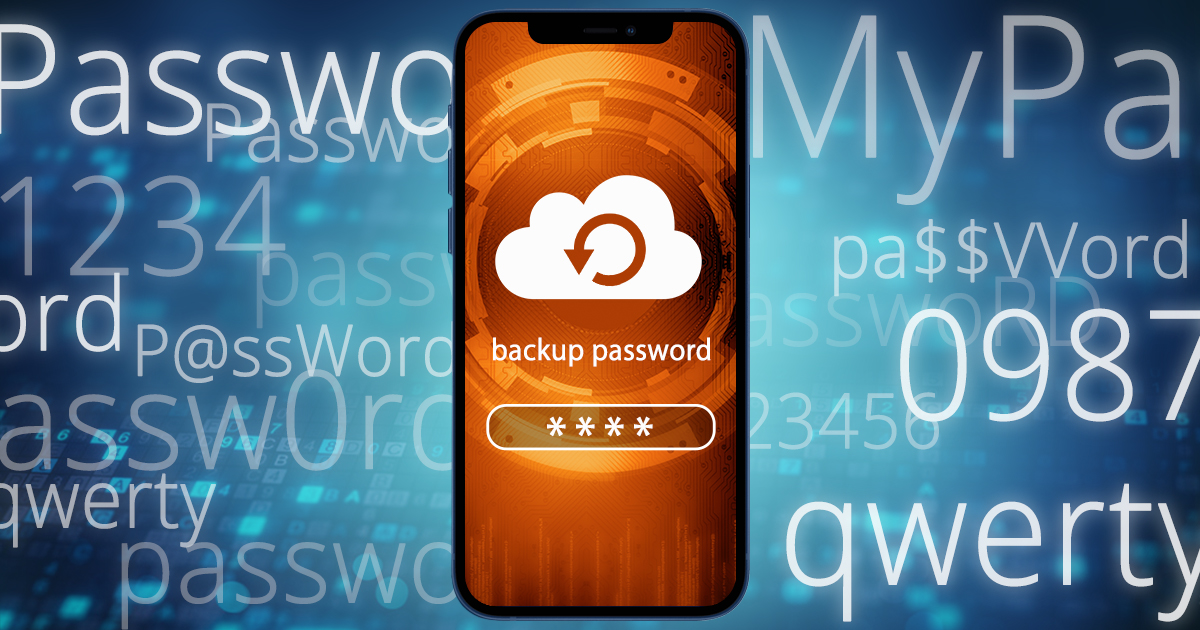Strong passwords are mutated passwords. Everyone who publishes recommendations on creating secure password says that you have to use both upper- and lower-case letters and inject some tricky special characters. Such recommendations may result in p@$$words and pAsswOrds, and p_a_s_s_w_o_r_d_s. The fact is that modern password recovery software uses dictionary attack to get one’s password back. Dictionary attack means searching lists of dictionary words and common phrases that can be found on the Internet or delivered with the software. It is easy to grab that dictionary words and word phrases make bad passwords, but one has to understand that adding special characters to these words and phrases does’t do them any good. Such password can be easily cracked when smart mutations option is on.
Google made a video tour inside their premises. Looks like an amazing wire-n-hardware gathering:
Need more information on passwords in Active Directory environment — password policies, default settings, fine-graining? Then read Windows Passwords: Making them Secure article at WindowsSecurity.com. But we can also recommend using Proactive Password Auditor on a regular basis, to see how secure your passwords really are.


